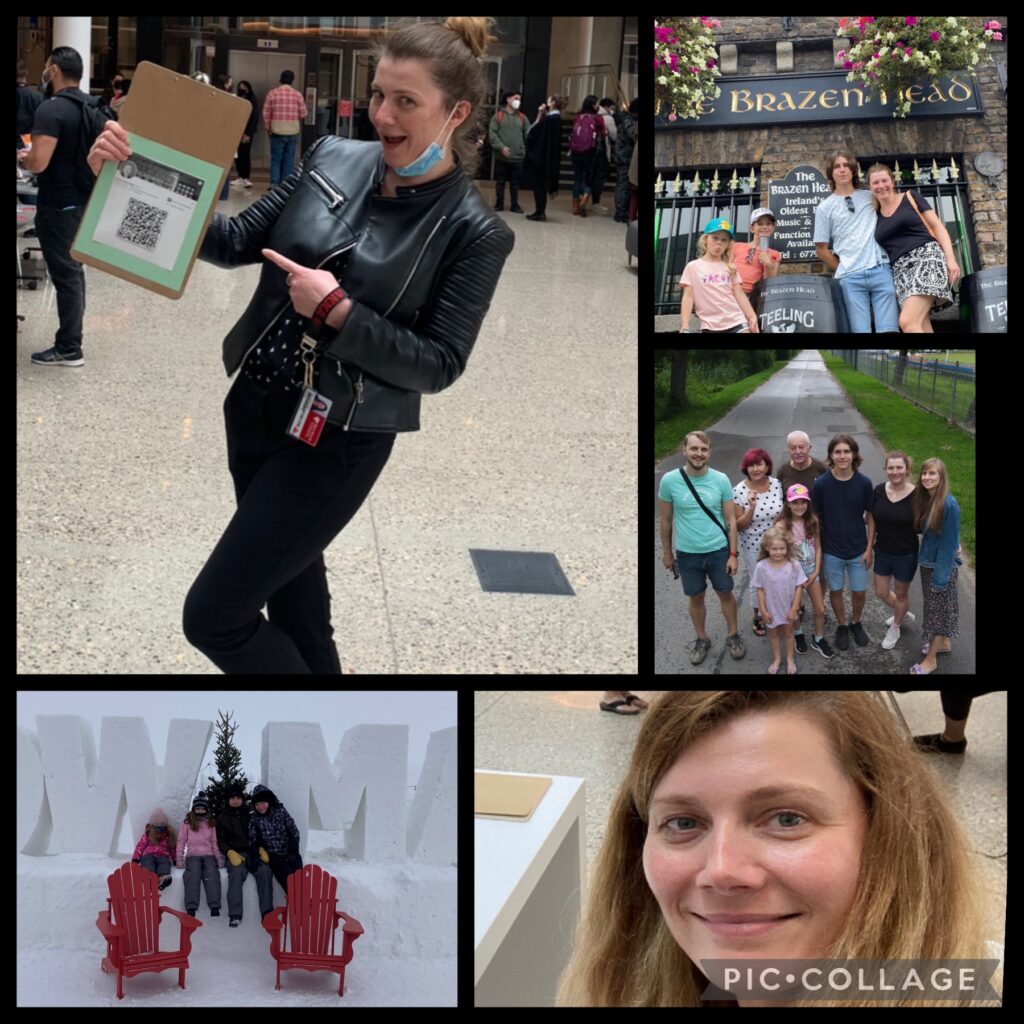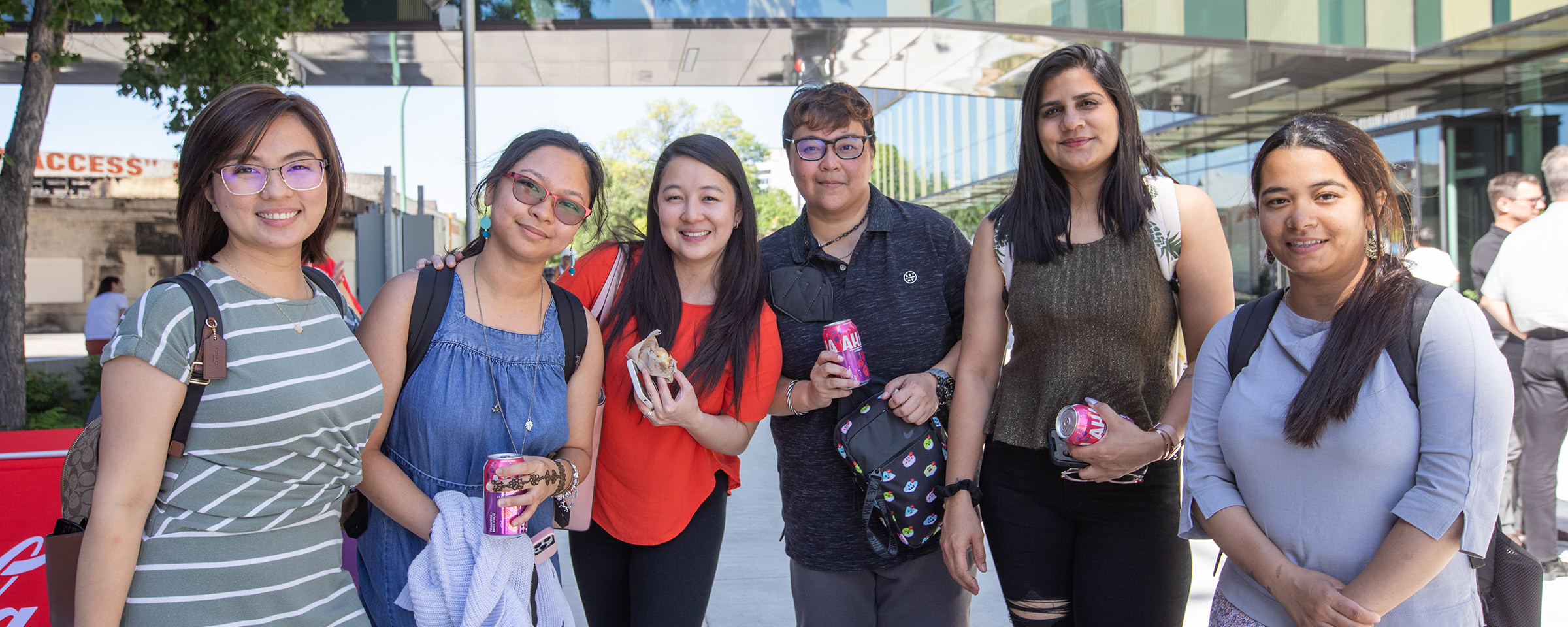Anna’s Story
Anna shares a glimpse into her story of immigrating to Canada as part of the Welcoming Week Celebrations.

There are two ways to describe the events of September 25, 2007. The official version is that I landed as a Family Class immigrant and obtained my Permanent Resident status that day. The other version is much shorter: I moved to Winnipeg that day.
Before I moved here, I didn’t think much about life in Canada. I had visited before and life on the surface wasn’t that different to that at home. But visiting for fun is very different to immigrating and reorganizing your life: culturally some things just don’t make sense, yet that’s how they work (small talk, casual friendliness of strangers, cold milk for breakfast, planning meals for a week…). But then you discover that process-wise, this country is very well organized – don’t roll your eyes if you haven’t had to deal with bureaucracy in any country outside of the Commonwealth.
Before I left my country, I really didn’t think about any obstacles. I was ready: I had both official languages, a place to live, knew how to cook and how to drive, and knew how to dress in winter.
Then I arrived and was ready to find work and live the life in the greatest country in the world. And suddenly things weren’t that easy: I didn’t have childcare (4–12-month waitlist!!!) so no looking for a job; I didn’t know how to take a bus to the get to a store; and how the heck do you shop for a whole week (daily shopping where I come from)? And then winter came early and stayed for a really long time. And I absolutely hated my life. For about 2 years until I was really annoyed with the person I became. But I did get a job and started making new friends within the first year of living here.
So how am I still here? The first step to embracing life in Canada was to stop evaluating things as better or worse. Instead, I started telling myself things are different. The second step was to engage in an informal study of the habits and customs of Canadians. The third step was to start accepting the differences, understanding them, and adapting/adopting different ways. But also, not losing my own identity.
Welcoming Week 2022 has encouraged me to stop and reflect on my personal and professional journey of coming to Canada. As my 15th anniversary approaches, I reflect on all the achievements and losses. I have 3 amazing, smart, fun kids; a career that I immensely enjoy; a beautiful home and lots of places to explore and visit in and out of the province. I have learned to use public transit here and even though grocery shopping for a week is still a challenge, no one goes hungry. I also learned that coffee and eggs make a better breakfast than cold cereal. I no longer am nervous when strangers say ‘hi’ and smile at me on the street.
But, more importantly, I can be me. In my personal life, I can maintain the traditions I care about, make my own choices about my health and lifestyle, and spend my free time as I see fit. In my country, choices aren’t always free, so I value them and am so grateful for them. I also can raise my kids to be happy, independent, hard-working adults – the way I was raised by my parents and grandparents – and instill the values of curiosity, education, contribution, fun, and respect.
In my professional life, I am so lucky to work in alignment with my values. This makes me feel appreciated, valued. And this is what makes me feel genuinely included. I think that for any person coming to Canada, they need to know that there is place and space for them to achieve success on their own terms and that there are people and organizations who will help them. The process is not easy, it takes time, grit, adjusting, and learning, but it is not impossible. Your heart feels like it has two homes through this, you learn to focus on being grateful for what you had, what you have and what lays ahead. For me, this is an extremely rewarding journey and, I hope, it’s mutual for Canada.
